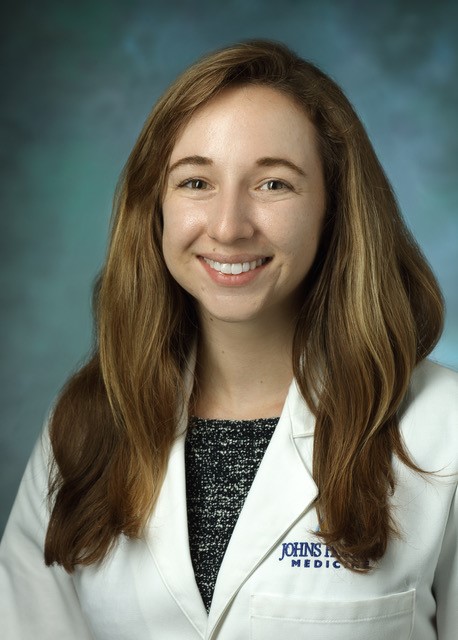Takeaway
Asking probing questions is difficult, but can make a difference in understanding your patient.

Lifelong Learning in Clinical Excellence | November 21, 2018 | 1 min read
By Julia Ross, MD, Johns Hopkins University School of Medicine
For the past two and a half weeks, I have been part of a clinical team on the inpatient psychiatric unit at Johns Hopkins Bayview Medical Center. Our multidisciplinary healthcare team includes an attending physician (Margaret Chisolm), two first year psychiatry residents (myself and Helen Bradshaw), an occupational therapist, two social workers, a nurse, and – for the last week – two medical students. Each day we care for up to ten patients suffering from a variety of psychiatric conditions, including – but not limited to – schizophrenia, traumatic brain injury, depression, mania, demoralization, and/or substance use disorders. Monday on closler, Dr. Chisolm shared her perspectives on teaching and learning as part of clinical excellence. Today, I’ll offer my perspective on questioning.
Every morning, we visit with our patients as a team and talk together for a few moments. We reflect back on our patients’ previous day – how has their mood been since the previous day, have they slept and eaten well, have they done anything that was a source of comfort or enjoyment. These conversations are a pleasant and grounding way to begin each morning, but they give the treatment team only a small window into a patient’s experience.
On some occasions, there are intentional and persistent questions that need to be asked to get at true sense of how our patients are faring. If a patient’s mind is cloudy or they are struggling to describe their experiences, then a direct series of questions is necessary to truly understand how a patient is feeling inside their own body and mind. This gentle but insistent line of questioning did not come easily to me at first – my natural inclination was to never “rock the boat,” and, in doing so, I let some ambiguity remain in my understanding of my patient’s inner world.
Working with my current team over the last two and a half weeks, I watched Dr. Chisolm demonstrate great care when asking organized series of questions, rephrasing and re-asking as necessary until she was quite sure she had a sense of what it might be like to be that patient, to understand and empathize with their current mindset. I have appreciated witnessing this approach, and look forward to expanding my own capacity for understanding and empathy via the patient interview.

